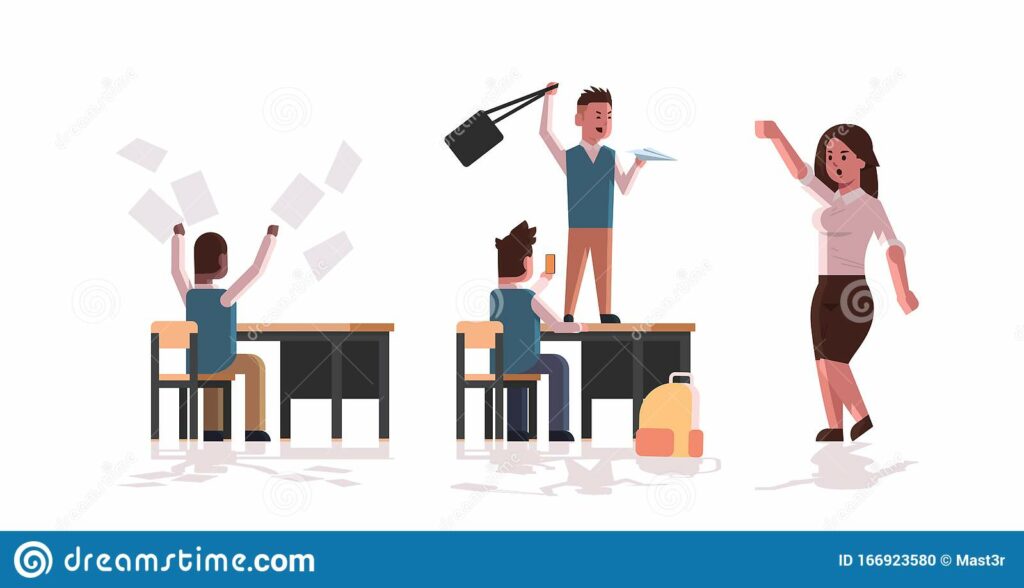“Clap for her,” says my teacher when I answer a question that no one in the class was willing to attempt. This always took me to cloud9 and back. You know how these special pupils in the class were always being admired and treated. All I was interested in was getting my teacher’s attention and to be appreciated as being the best in my class. I did not want room for any discrediting. I equally only made friends with people I knew were fast learners, and we expected submissive treatment from those we saw as slow learners in class. As I grew older I learned that I probably had a narcissistic personality disorder. Narcissistic personality disorder has a very specific meaning and is made only when certain criteria are met. A person who is narcissistic can be said to have an elevated sense of self-worth and importance which is manifested in several characteristics like, expects constant and special attention, validation, recognition, arrogance, hates criticisms, and lacks empathy.
A narcissist could be a teacher or a student in the academic milieu, and both have the same characteristics.” I have a case in my school wherein a fast learner was insulted by her teacher in class. Her classmates used it in mocking her which made the child traumatized. This led to her not participating in activities in class and a drastic drop in her performance, she even urinated on herself in class. The stigma from non-validation ruined her self-esteem.” Says Ngo Confidence, a primary school teacher of BTT Tsinga. The tremendous effects of narcism in education have ruined the lives of lots of young people growing up as they tend to want to fit the desires and ‘prophesies’ of their teachers, who in some ways are role models and demigods.
Education is meant to be liberating, to help you make informed decisions in your life and not be decided by some teachers whose inflexibility has become rather dangerous.“‘vomiting education’ is a form of learning whereby you memorize things and give them back when asked and you are said to be a wonderful child by the teacher, but then your mind is not very critical it can only store information.” Says Godlove Dzebam, who is a teacher at the Early child center Bamenda. This is a common trend in our education system whereby success is based on the ability to memorize and reproduce. This alone creates a barrier in the imagination of learners and reduces creativity. It becomes a call for concern to ‘slow learners’ who develop timidity and low self-esteem because they seem not to meet up these standards. This often has a lifetime effect on learners, wherein they can hardly ever feel that they can do better and excel like the other students. “dull thing” says Bih Bingwa, was said to her all through primary school by her teachers, after so many years she still remembers these words. Though this made her become angry and frustrated, it became a normal feeling for her and other classmates who would use it to mock her.
The big question that remains is, how can this problem be solved? “This can be resolved in a school milieu, first by treating each learner as a unique being and know that each learner has unique competencies. And the teachers on their part have to get into deeper pedagogic methods, by incorporating exploratory learning. So that children can learn in a group and bring out different potentials, not just saying this person is the best student. It goes as far as appointing a particular child to take care of the class in the teacher’s absence, this makes the child feel superior amongst others. If this must be done, it could be in a democratic way wherein the learners set the rules on how this person is supposed to behave and not the teacher” says Godlove Dzebam, who is a teacher.
Narcissism abuse is damaging to the cultures, we need within school communities to promote children to become flexible and innovative thinkers that they need to be and that which our society desperately needs. The time to adopt innovative and emerging trends in education that incorporates learners’ needs is now.
Munge Sylvie

